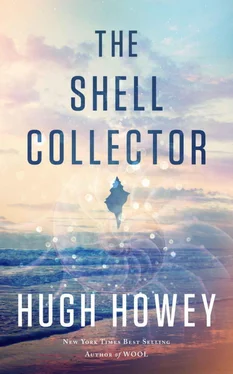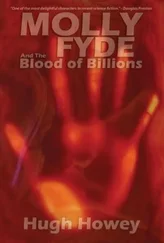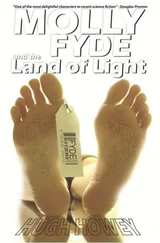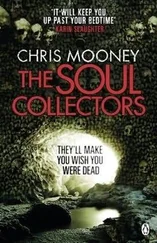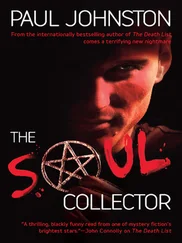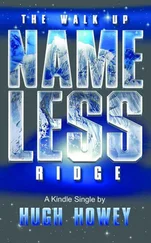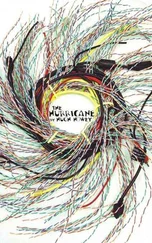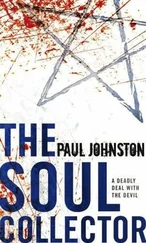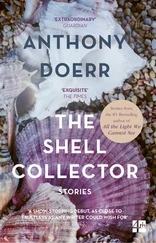“No,” I say.
“You should go. Everyone should, as soon as they can. I went when the reefs were at ten percent of their former glory, and I remember thinking before I flew down there, ‘Why bother?’ But you should have seen the reefs then. And if you wait another ten years, you’ll kick yourself for not seeing them now.” Ness points toward something a dozen paces away. “Imperial venus. Still intact. But you’re more of a gastropod girl than a bivalve, aren’t you?”
I find the shell he’s referring to. The two halves are still joined by a sturdy hinge. Shades of pink slide into ivory white. I slide the gorgeous shell into the padded bivalve pouch along the lip of my bag. “I like both,” I say. “I’ve always loved shells. And I can see your point. My dad got real secretive about our favorite shelling spots. And I remember him and my mom arguing about whether it made more sense to stay up until one in the morning or go to sleep early and set alarms for two. It got crazy there for a few years.”
“Exactly. But even my grandfather had memories like that. Back in the eighties, people still got up early on vacation to beat their neighbors down to the beach. Shellers watched the tides. And my dad used to tell me about snorkelers beyond the breakers when he was a kid, swimmers trailing bags of finds behind them—”
“And now people use subs and cranes,” I say. “They mine for them like minerals. They use abandoned oil platforms. Takes the romance out of it, don’t you think?”
Ness inspects a shell on the beach, then places it back where he found it. “I think it can,” he admits. “But not always. One of the most romantic places I’ve ever seen was a gem mine. The way the walls sparkled in our flashlights. Water dripping everywhere. It was industrial, sure, but it was intensely beautiful.”
All I can imagine is it being intense. Overbearing. Then again, the sea is throwing up walls of foam right beside me, roaring like a great, incessant engine, churning up the waters and depositing small finds upon the beach. To me, nothing gets more romantic, more hauntingly lovely, than this setting right here, and yet the surf can be a dangerous and deadly place.
“I don’t want to skip ahead,” I say, “but I’m guessing the murexes didn’t wash up here.”
“This is the first stage of shelling,” Ness says. “Walking the tideline. Picking through whatever is deposited here. The history of what we’ve done to the sea can be told in where we do our shelling. It started on the beach, where a distant abundance of life allowed shells to leak out at the edges. There used to be so much life that it appeared where it was never meant to. You need to see this to understand how my journey started. Because it started with an idea.”
“What idea is that?” I ask.
Ness stops and turns to me. The wind toys with the brim of his hat. He holds up a shell for a moment before tossing it back to the beach. “You and me,” he says. “We collect dead things.”
I used to tell Michael until his ears bled all the ways that shelling is the greatest metaphor for relationships. I told him this a thousand times, back when we were married. He got sick of hearing it, but I have hundreds of examples, and now here’s one more: Be careful of the bounty you pine for.
This came to me after my first day of shelling with Ness, which was both the best day of shelling that I’ve ever had and also the most disappointing. Maybe disappointing is the wrong word. How about unsatisfying .
Just as with relationships, you think you know what you want, but once you have it, the hole you thought it would fill is that much bigger. The want is what exists, not the thing we lust after.
I feel very Buddhist, thinking this. I’ve arranged myself in the reading nook at the top of the guest house, my spoils for the day arranged on the bench around me. I washed the sand off them in the sink and dabbed each shell dry with one of the terrycloth towels from the bathroom. None of the specimens are flawless. None are museum-quality. But there are at least four shells here that are in better condition and of rarer variety than any shell I own. And I scooped them all off a single beach in a single afternoon in daylight . The shells in my apartment back home represent two decades of striving. What I collected today was just too easy, and so the victory feels a tad hollow. A little depressing.
The lighthouse to the south swings its beam through the reading nook, and I think back to Jacob Sullivan, my first boyfriend in high school. It’s not our first kiss that I remember, it’s the sudden ownership of a boy that I could kiss at will. The night we made out for the first time—after we had taken a break because of him fumbling for my belt and freaking me out—I remember leaning forward and kissing him on the lips just because I could. Any time I wanted. The forbidden and impossible were now at my beck and call.
So many shells arranged around me. And there’s the knowledge that I could go for more. There’s a beach beyond my door that I won’t have access to forever. There’s a flashlight. My bag. Half a moon. I am dying to lean out for another kiss, to pour goodness into emptiness faster than it can leak out.
But part of me is worried that I can’t take these shells home. Not that I don’t have permission—Ness told me whatever I pick up this week is mine to do with as I please—but that it will break something inside me to add this bounty to what I have labored to collect over the past twenty-odd years. It would be like bringing a harem home to join an otherwise monogamous relationship. The sudden infusion of so much threatens to cheapen the intense enjoyment of so little.
I convince myself that it’s okay, that I can consider this later, even as I decide to go out for more. I grab the flashlight and a light jacket, leave my pajama bottoms on, and work my way down the boardwalk and the flights of stairs. For a moment, I imagine what Ness’s daughter must’ve felt out here that night, alone, as a young child. Ness says the lamps were added to the boardwalk after the event, that he hates the light pollution, but that his ex-wife insisted. And now he just leaves them on.
I wonder if there isn’t some deeper reason that he leaves the lamps burning. The lighthouse throbs against the high clouds, and I think of the signals we put out without knowing, the invitations, the warnings. I think of the way I left my social media status as “married” until a year after the divorce was final. Some part of me wanted Michael to know that it was okay to come back, to watch that reef, that rocky shoreline, that it can be dangerous around here, but look: a clear path to safe harbor. If you choose.
I don’t know what I’m looking for on the beach. Nothing, maybe. In a literal sense. What I hope to see is a blank expanse of sand, exactly what I’m used to, for the world to make sense again. When Michael left, after we lost our child, the suitors were endless. Men I had thought were friends. Coworkers I didn’t know I had. From life in high school and college where dates were nearly impossible to find, to this… scared me. Something was wrong. There were shells everywhere I looked. I assumed they were fake. Lies.
Not much has changed. Abundance frightens me. Or maybe I believe that I only deserve joy when it’s hard to come by.
I’m only a hundred meters down the beach when I see someone heading my way. The bob and weave of a flashlight. Ness and I didn’t talk much over dinner. I was too stunned from the shelling, and he seemed content to leave me to my thoughts. But something changed between us, a sheathing of my sword and a lowering of his shield. An unspoken promise, perhaps, to not play roles this week. To just be.
Читать дальше
